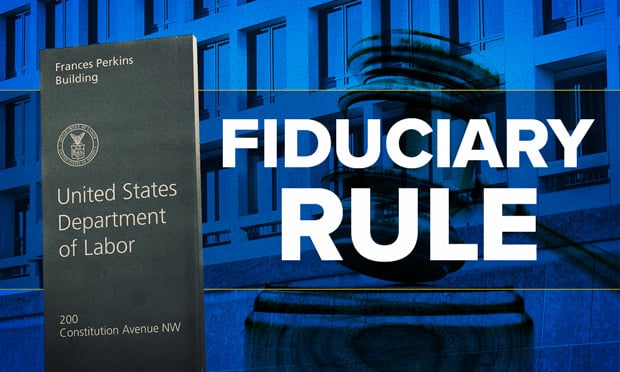When pension funds were first started in Germany in the mid-19th century, this retirement option made sense, says Amit Mohindra, director of research at the Institute for Corporate Productivity. At the time, employees would typically stay with one employer for their entire careers. Thus, it was reasonable to expect employers to take care of their former employees once they hit the retirement age.
"The market was pretty stable back then, and companies could make promises, and stocks would return enough to let them meet their obligations," Mohindra says. "But what's happening now is people don't necessarily spend their whole career with one organization, and I sense employees have less of an expectation that when they join a company that company will continue look after them past retirement."
Instead, more employers are turning to alternatives, such as 401(k) plans. As employees tend to float from job to job, a retirement fund that easily rolls over can be a better option for some of the work force.
Complete your profile to continue reading and get FREE access to BenefitsPRO, part of your ALM digital membership.
Your access to unlimited BenefitsPRO content isn’t changing.
Once you are an ALM digital member, you’ll receive:
- Critical BenefitsPRO information including cutting edge post-reform success strategies, access to educational webcasts and videos, resources from industry leaders, and informative Newsletters.
- Exclusive discounts on ALM, BenefitsPRO magazine and BenefitsPRO.com events
- Access to other award-winning ALM websites including ThinkAdvisor.com and Law.com
Already have an account? Sign In
© 2024 ALM Global, LLC, All Rights Reserved. Request academic re-use from www.copyright.com. All other uses, submit a request to [email protected]. For more information visit Asset & Logo Licensing.








